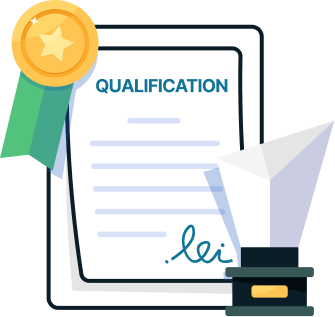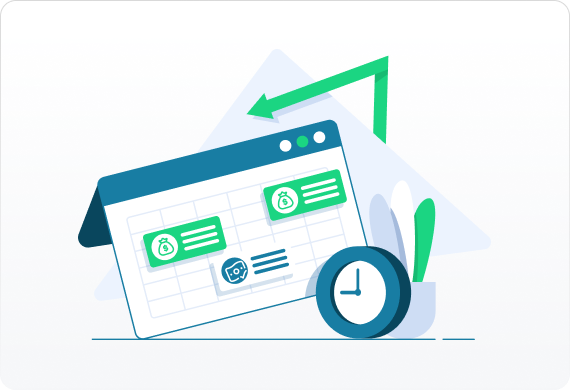When their business has reached the point where it is ready to expand, many small business owners struggle with taking it to the next level. Growing pains can happen when your business is ready to expand but does not yet generate enough revenues to fund the expansion.
Common scenarios could be when a bakery has the opportunity to win a huge contract with a local hotel chain but does not yet own the ovens or have the space to meet the orders. Or, you have finalized a product design and are ready to go into production but used up all your funds on design.
The answer to these growing pains is to take out a business loan for expansion. It is almost impossible for a small business to generate the funds it needs to scale up without taking out some form of credit. If you have reached the point where you need to borrow to grow, Shield Funding can offer you a private business loan to fuel your company’s growth and expansion. The process is fast and easy and can be completed online.







